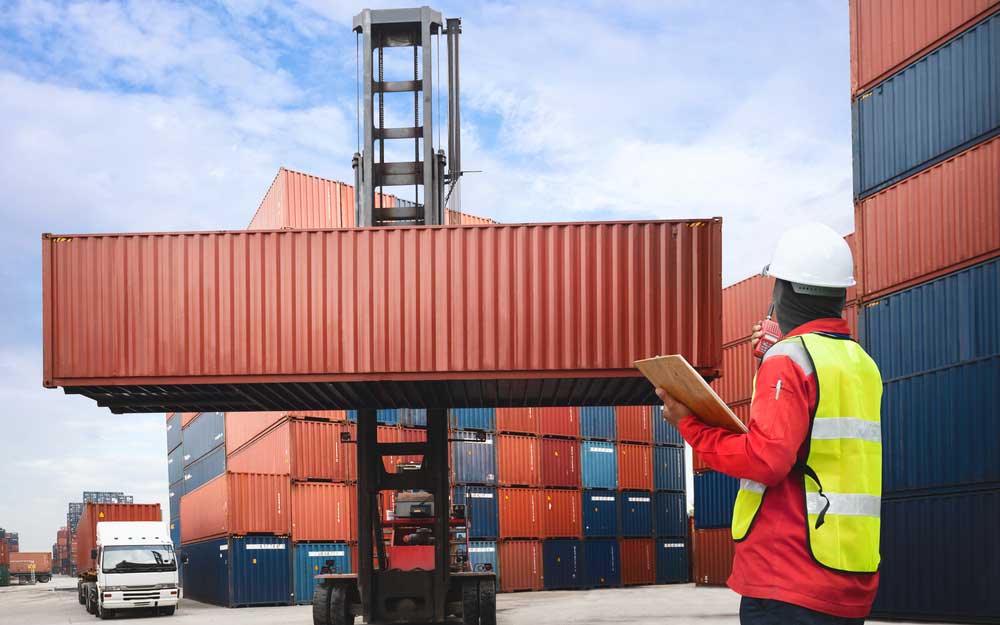China will feel the pinch if India starts winding down imports from that country, Lobsang Sangay, president of the Central Tibetan Administration, said.
Contrary to the perception that such a move by India would not matter to China as Sino-India trade accounts for a small share in the overall Chinese global trade pie, Sangay argued it would hurt China “very badly”.
He also suggested that India has to compete more with China than co-operate going forward, following in the footsteps of the United States and the European Union.
“They are the manufacturing hub of the world, if they can’t sell, it hurts their economy very badly,” Sangay said.
Speaking at a webinar organised by the Bharat Chamber of Commerce, the Darjeeling-born Tibetan activist pointed out that Chinese exports to major economies around the world are down because of the pandemic and consequently any market, big or small, would matter to the Chinese.
“Because of the pandemic-led economic slowdown, the US and Europe are buying less... there is no market. Factories can produce but they don’t have a market to sell. So if they can sell any product, it is good for them,” said Sangay, who is the political heir of the Tibetan spiritual leader, the 14th Dalai Lama.
Citing the historical example of Tibet, which was forcefully occupied by China in 1959, followed by economic exploitation of the plateau ever since, he suggested India has to choose whether it wants to compete or co-operate with it.
“We Tibetans have learnt our lessons. They promised us prosperity and autonomy but we ended up as the loser,” Sangay noted, drawing attention to the expansionist strategy of China, which is on display across geographies (Manchuria, Tibet).
Sangay, who went to study in Delhi University before attending Harvard Law School in the US, batted for a return to the ‘tradition’ — an independent Tibet, a zone of peace, a buffer between China and India, reminding the participants of how military presence and tension on either side had gone up since the Tibet-India border was changed to India-China border from 1959.
Sangay also cautioned about another threat from China, which links it to the occupation of Tibet. Called the roof of the world, the Tibetan plateau is also the water tower of Asia, home to 10 major rivers, including the Brahmaputra, Sutlej and Indus.
As China has not signed the UN convention of water sharing, it is possible that they can block the rivers and divert them towards China, Sangay warned.











